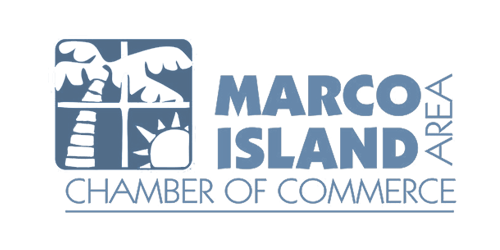marco escapes Blog
Priceless Ancient Artifact Returns to Marco Island
After 25 years, Marco Island’s most unique and significant treasure is finally coming home.
The Marco Island Historical Society, in collaboration with Collier County Museums, the Smithsonian Institution and the University of Pennsylvania Museum of Archaeology and Anthropology will host a one-of-a-kind exhibit featuring the world-famous Key Marco Cat and other rare Pre-Columbian Native American artifacts discovered on Marco Island, Florida in 1896.
Discovered right here on Marco Island by anthropologist Frank Hamilton Cushing more than 100 years ago, The Key Marco Cat has been described as one of the finest pieces of Pre-Columbian Native American art ever discovered in North America. Cushing’s 1896 excavation is considered one of the greatest discoveries in the history of North American archaeology.
The Key Marco Cat, just six inches tall is carved from buttonwood, is believed to be a relic created by the elusive Calusa tribe, the first inhabitants of Marco Island. Other important pieces in the exhibition include a ceremonial mask, alligator figurehead, painted human figure and sea turtle figurehead.
The Calusa artifacts discovered on Marco Island date from 300 AD to 1500 AD, prior to European contact in Florida.
Because the Key Marco Cat and other artifacts found during the excavation were buried in an oxygen-free layer of muck, these rare wooden objects aged 500 and 1,500 years old, were astonishingly well preserved.
These artifacts are usually housed in museums around the world including the Smithsonian Institution’s National Museum of Natural History and University of Pennsylvania Museum of Archaeology and Anthropology. Others are at the National Museum of the American Indian, the Florida Museum of Natural History, and the British Museum but will now make their triumphant return to Marco Island for a 2018-2021 exhibit.
For more information regarding the exhibit, visit www.theMIHS.org.The Marco Island Historical Museum is located at 180 S. Heathwood Drive, Marco Island, Florida. The Museum is open Tuesday through Saturday, from 9 a.m. to 4 p.m. Admission is free and the site is handicapped accessible.





